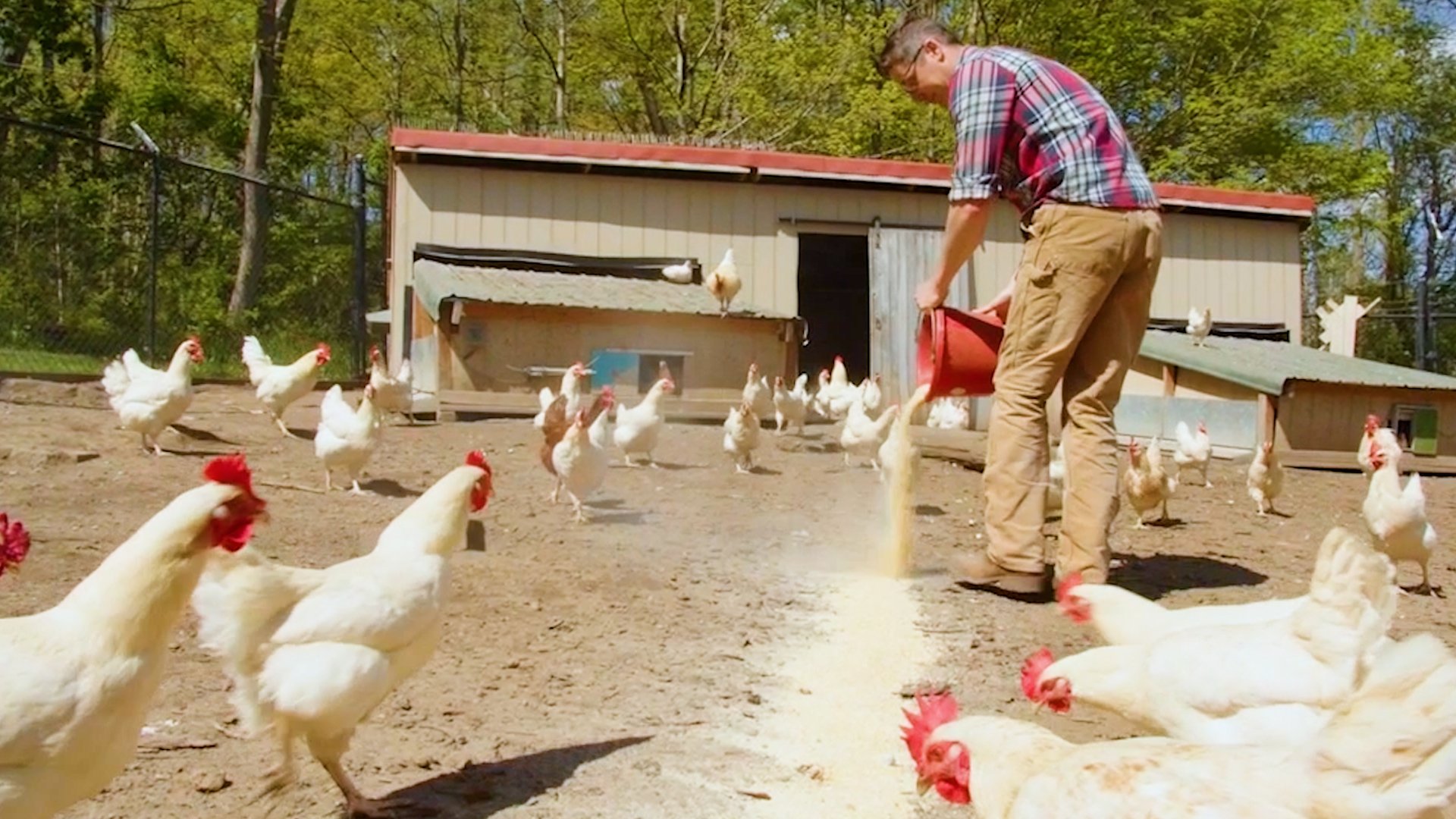eCommerce: the future of farming? Pandemic + gas prices = YES

Share This Story
BOWLING GREEN, Ky. – With a world-stopping pandemic combined with astronomical gas prices, Hardworking farmers have seen their fair share of curve balls lately.
Many times, their loyal customers who want to support and buy locally just can’t support their farmers anymore. Bentley Farms felt this impact firsthand.
Farmer Allie Bentley said, “Farmers’ markets closed down. People stopped coming out to the farm… We can’t just be old farmers out here growing our crops and taking them to the market and selling them. We’re having to find other ways to get those to the consumer. ”
Instead of outwaiting the issues, Bentley and her family adapted, turned to eCommerce to sell their products.
“Coming directly to the farmer, even if you don’t get to come directly to the farm, still gets to build that relationship with us,” Bentley explained. “If there is a food shortage … if you have a relationship with your farmer you know where your food is coming from. Even if you’re ordering it online you’re still going directly to the source, so you’re still more food secure.”
The USDA found that roughly 70 percent of Americans would pay extra for local food, yet less than 1 percent of local food purchased in the country is local.
Businesses like Market Wagon founded because of this $4.3 billion in latent demand. They serve as a middleman between farmers and consumers.“ Market Wagon is an online farmers market that delivers,” said co-founder & CEO Nick Carter. “So, it’s [an] eCommerce grocery [with] the convenience of online ordering, getting it delivered but with an entirely local food supply chain… helping [local farmers] get their food to the people who want it.”Bentley says ordering directly from farmers’ websites is an extremely helpful option.“Everyone is tight on money,” acknowledged Bentley. “It’s always cheaper […]
Click here to view original web page at www.wnky.com
I am a robot. This article is curated from another source (e.g. videos, images, articles, etc.). For the complete article please use the link provided to visit the original source or author. Content from other websites behaves in the exact same way as if the visitor has visited the other website.
Warning: The views and opinions expressed are those of the authors and do not necessarily reflect the official policy or position of MichelPaquin.com.
